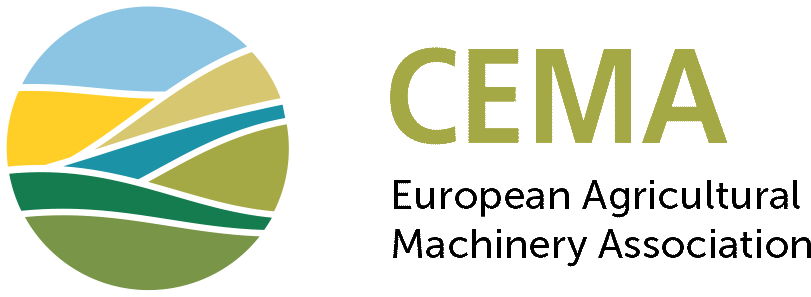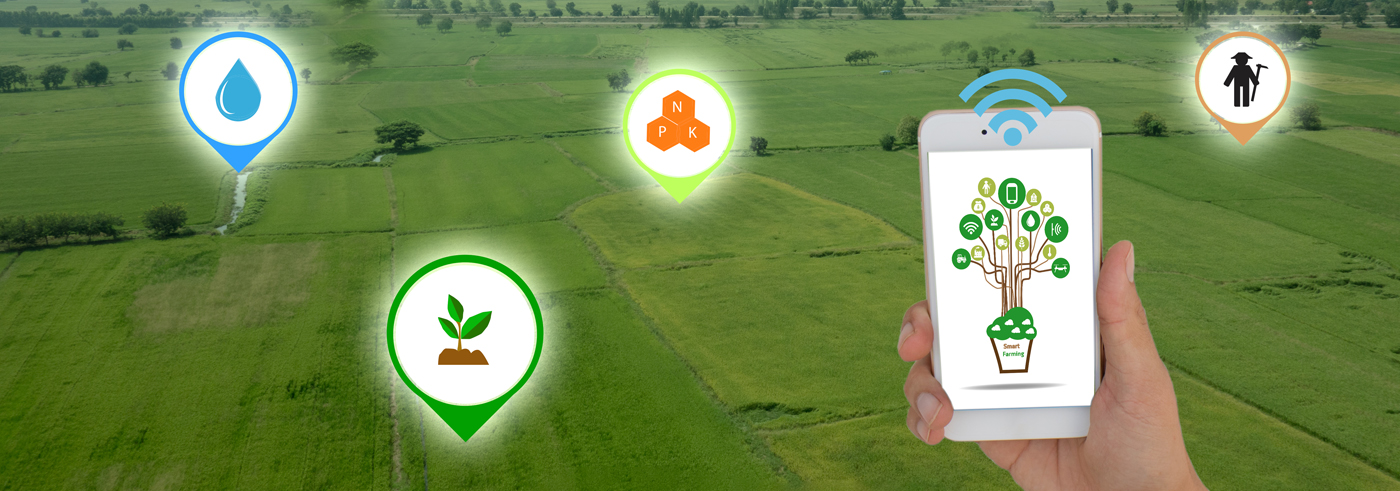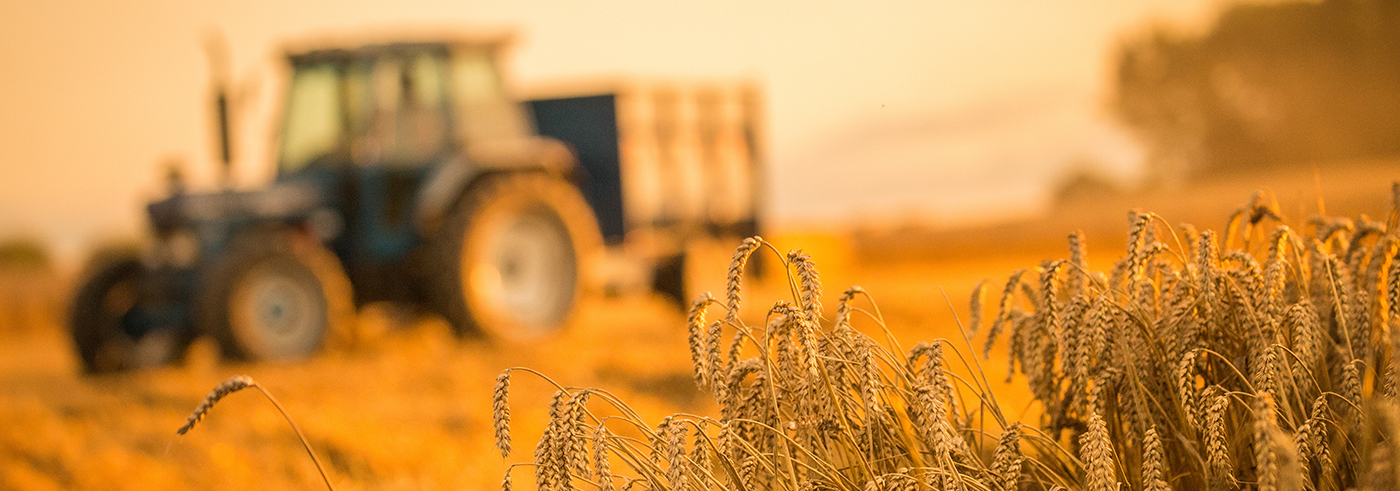CEMA teams up with EU associations to prepare common vision for EC’s consultation
***
In 2018 the European Court of Justice took the view that Member States are free to subject organisms obtained by certain mutagenesis techniques including CRISPR* to the GMO Directive and other obligations under the free movement of goods. See CEMA article - January 2020
In relation to that, the Council was not convinced of this ruling and asked the Commission ‘DG SANTE’ to run a study which takes the form of an online consultation. CEMA has been identified as a stakeholder to provide input and together with other associations we are working on a common vision with Euroseeds leading the discussions.
On 21 April a teleconference took place to discuss a main point: the strong need to apply less stringent requirements for those applications of New Gene editing Technique (NGT)s that lead to plants that could also have been the result of earlier breeding methods, or might have been obtained from natural processes without human intervention. These techniques include plants where:
- there is no novel combination of genetic material or
- the final plant product contains solely the stable insertion of inherited genetic material from sexually compatible plant species or
- the genetic variation is the result of spontaneous or induced mutagenesis.
It must be clear that GMO legislation applied to these ‘light’ genetic modifications is a serious barrier. Main challenges are related to detection and distinguishability, inability to provide a “unique identifier”, general costs and the timeline for GM-approvals. Certainly on traceability there is an issue as it concerns NGT plant products carrying a DNA alteration that is not unique.
Why is CEMA in support of NGTs? Within the upcoming Farm to Fork Strategy a significant reduction of pesticide and fertiliser use is expected to be high on the agenda. Though less controversial as some claim, such a change must be introduced under the right conditions. In particular, the necessary means should be given to EU farmers to remain competitive with the rest of the world. In combination with other developments such as precision farming and smart technologies, NGTs will be one of these means to provide a fair return for European farmers, lower their risk in the form of pest or drought resistance, and provide more yield or more nutritional value...







